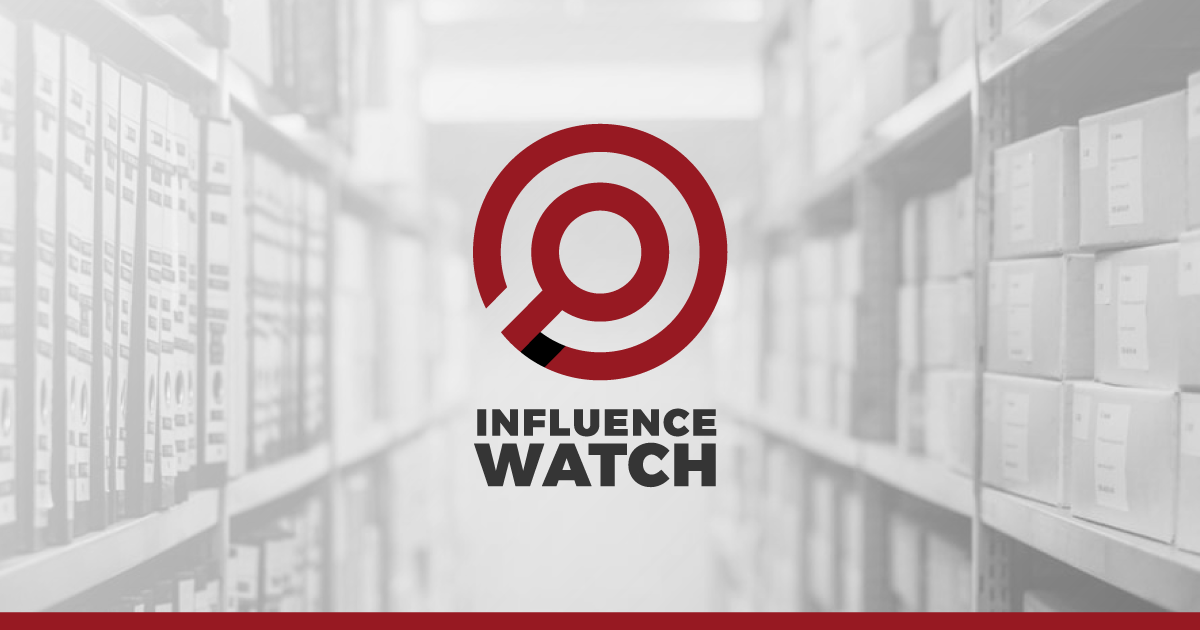This story is more a reality view than something reported as outrageous but the writer make some interesting comments and findings:
http://www.webpronews.com/fake-news-real-news-real-news-fake-news-2016-12/?utm_source=feedburner&utm_medium=feed&utm_campaign=Feed%3A+insiderreports+%28+WebProNews%3A+Insider+Reports%29
All of this talk about fake news is starting to take root into the mainstream news bubble as if it were true, which it isn't in any discernible or meaningful way. We are already seeing social media and left leaning groups circling the wagons to make the fake news about fake news turn into censorship of real news that they politically disagree with.
After all, it's tempting for the left to want to shut up the right because they correctly see in Trump's victory that the right can now effectively bypass the left's long-term news filter and take their political arguments directly to their base and to voters in general.
Facebook, Google, Reddit, Twitter and the mainstream media had better be very correct when censoring so-called "fake news" or they will risk a huge backlash from the conservative majority in this country. That means that censoring obvious fake news that can be proven might be okay with most people (not me), but censoring news about pay to play deals in the Clinton Foundation or disagreement on the existence and causes of global warming or quietly deleting social posts that discuss things the liberal media doesn't think are true is simply not acceptable.
The big internet media companies and the mainstream press should realize that if only one side of the political spectrum is censored then just maybe new laws are needed to stop them from doing this.
Wikileaks has proven as real news that CNN, NBC, NYT and many others were colluding with the Democrats in order to help them get elected. That was fake news that was proven to be real news. Yet, they hardly covered it, so that unless a CNN viewer saw it on social media or a conservative news outlet they would probably rightly think it was fake news.
If you only watched CNN or a few other left leaning news sources you would probably think it was real news that Breitbart News is a racist white nationalist news site. That's actually fake news, totally disproven by the lack of evidence presented by it's mainstream news libelists and even some honorable liberals.
Even Fox News now says its is the policy of their network that global warming is real and is caused by humans. There are thousands of scientists who disagree with this mainstream consensus, none of Al Gore's scientific predictions have came true and it's a fact that data has been adjusted on multiple occasions to fit the narrative of warming and the majority of American's think it is a non-issue.
Will opposing man caused global warming be considered fake news by the social media giants and the mainstream news organizations? If you look at the lefts censorship patterns it certainly will.
For instance, the LA Times banned disagreement with this "settled science". If media leaves no room for disagreement on a scientific argument is it no longer science and instead simply faith? If the warmests are eventually shown to be wrong does their real news then become fake news?
In other words, there is often less than 100% chance that your real news might be my fake news and visa-versa. All I'm saying is be careful big social and big media, because in general... censorship is usually not a good idea.
Donald Trump suggested the idea that millions voted illegally for Clinton and he was chided by the media as a pusher of fake news. How do they know that? Well, they just do... no evidence is needed to say with 100% certainty that millions didn't vote illegally. Maybe they are right, but what if they aren't?
The media acts as if this is totally outlandish and so-called fake news while ignoring the evidence that says it could be true. Project Veritas released several hidden 60 Minutes style undercover videos that show that Democrat operatives are encouraging and aiding in illegal voting.
The State of California is run by liberal Democrats who have given every illegal resident a drivers license and allows registration at their DMV and does not allow asking anybody who votes for ID or about their legal status. Why wouldn't conservatives like Trump believe that there are millions of illegal voters in California who likely voted for Clinton?
These reasons are why 60% of Republicands believe that there are substantial numbers of illegal immigrants voting and therefore canceling out their legal votes.
There are in fact studies and surveys that show that illegal immigrants do vote and possibly as many as 3 million. True or not, who knows, but it certainly shouldn't be considered fake news since there is at least some evidence to support the accusation. Fake news should not be a political opinion or simply an opinion of the majority.
Unless it's calling a dog a cat, then publications should let the people debate it, share it on social and practice their First Amendment right to make their case.
http://www.webpronews.com/fake-news-real-news-real-news-fake-news-2016-12/?utm_source=feedburner&utm_medium=feed&utm_campaign=Feed%3A+insiderreports+%28+WebProNews%3A+Insider+Reports%29
All of this talk about fake news is starting to take root into the mainstream news bubble as if it were true, which it isn't in any discernible or meaningful way. We are already seeing social media and left leaning groups circling the wagons to make the fake news about fake news turn into censorship of real news that they politically disagree with.
After all, it's tempting for the left to want to shut up the right because they correctly see in Trump's victory that the right can now effectively bypass the left's long-term news filter and take their political arguments directly to their base and to voters in general.
Facebook, Google, Reddit, Twitter and the mainstream media had better be very correct when censoring so-called "fake news" or they will risk a huge backlash from the conservative majority in this country. That means that censoring obvious fake news that can be proven might be okay with most people (not me), but censoring news about pay to play deals in the Clinton Foundation or disagreement on the existence and causes of global warming or quietly deleting social posts that discuss things the liberal media doesn't think are true is simply not acceptable.
The big internet media companies and the mainstream press should realize that if only one side of the political spectrum is censored then just maybe new laws are needed to stop them from doing this.
Wikileaks has proven as real news that CNN, NBC, NYT and many others were colluding with the Democrats in order to help them get elected. That was fake news that was proven to be real news. Yet, they hardly covered it, so that unless a CNN viewer saw it on social media or a conservative news outlet they would probably rightly think it was fake news.
If you only watched CNN or a few other left leaning news sources you would probably think it was real news that Breitbart News is a racist white nationalist news site. That's actually fake news, totally disproven by the lack of evidence presented by it's mainstream news libelists and even some honorable liberals.
Even Fox News now says its is the policy of their network that global warming is real and is caused by humans. There are thousands of scientists who disagree with this mainstream consensus, none of Al Gore's scientific predictions have came true and it's a fact that data has been adjusted on multiple occasions to fit the narrative of warming and the majority of American's think it is a non-issue.
Will opposing man caused global warming be considered fake news by the social media giants and the mainstream news organizations? If you look at the lefts censorship patterns it certainly will.
For instance, the LA Times banned disagreement with this "settled science". If media leaves no room for disagreement on a scientific argument is it no longer science and instead simply faith? If the warmests are eventually shown to be wrong does their real news then become fake news?
In other words, there is often less than 100% chance that your real news might be my fake news and visa-versa. All I'm saying is be careful big social and big media, because in general... censorship is usually not a good idea.
Donald Trump suggested the idea that millions voted illegally for Clinton and he was chided by the media as a pusher of fake news. How do they know that? Well, they just do... no evidence is needed to say with 100% certainty that millions didn't vote illegally. Maybe they are right, but what if they aren't?
The media acts as if this is totally outlandish and so-called fake news while ignoring the evidence that says it could be true. Project Veritas released several hidden 60 Minutes style undercover videos that show that Democrat operatives are encouraging and aiding in illegal voting.
The State of California is run by liberal Democrats who have given every illegal resident a drivers license and allows registration at their DMV and does not allow asking anybody who votes for ID or about their legal status. Why wouldn't conservatives like Trump believe that there are millions of illegal voters in California who likely voted for Clinton?
These reasons are why 60% of Republicands believe that there are substantial numbers of illegal immigrants voting and therefore canceling out their legal votes.
There are in fact studies and surveys that show that illegal immigrants do vote and possibly as many as 3 million. True or not, who knows, but it certainly shouldn't be considered fake news since there is at least some evidence to support the accusation. Fake news should not be a political opinion or simply an opinion of the majority.
Unless it's calling a dog a cat, then publications should let the people debate it, share it on social and practice their First Amendment right to make their case.


